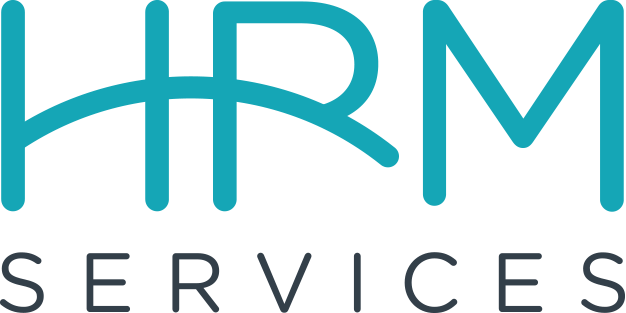
Evolving HR for Growing Businesses
As businesses grow from startups to more established entities, the strategies for staffing Human Resources must evolve to meet changing needs. Initially, HR functions might be managed by the business owner themselves, dealing with fundamental tasks like payroll and compliance with employment laws. However, as a company expands, the complexity of HR responsibilities grows exponentially.
Expanding HR Functions
In small businesses, HR tasks often fall on the shoulders of the owner or a few key individuals. This might work when you’re dealing with a handful of employees who are possibly friends or family. But as organizations grow and hire beyond this circle, the need for a structured HR approach becomes crucial to manage increased staff numbers and more complex employment issues.
The Shift to Specialized HR Management
As the workforce grows, it often becomes necessary to move HR responsibilities from the owner or general managers to dedicated HR personnel or external partners. This shift helps maintain compliance, manage risk, and ensure consistent application of company policies across all levels of the organization.
Leveraging External HR Expertise
For many businesses reaching the staff count of 30 to 50, incorporating external HR expertise becomes advantageous. External HR consultants or services can provide specialized knowledge and support for areas beyond the capability of in-house staff, such as advanced compliance issues, sophisticated recruitment strategies, and comprehensive compensation plans.
The Role of Technology and Systems in HR Management
Advancements in HR technologies offer tools that can streamline HR operations, from automated payroll systems to sophisticated employee management software. These tools are essential for maintaining efficiency and accuracy as the number of employees increases.
Maintaining Culture and Compliance Through Strategic HR
A critical aspect of HR management as businesses grow is maintaining organizational culture and compliance. This includes everything from crafting policies that reflect the company’s values to ensuring these policies adapt to current laws and industry standards.
Future-Proofing Your HR Strategy: Key Takeaways for 2025 and Beyond
As 2025 unfolds, businesses must remain agile in their HR strategies, anticipating changes in laws like the Earned Sick Time Act and adapting to the increasing complexity of workforce management. With proper planning and the right resources, companies can ensure their HR functions support both current and future business goals, making HR a pivotal part of their success story.
This blog and YouTube session provide a roadmap for business owners at various stages of growth, offering insights into when and how to adapt their HR strategies to support ongoing success and compliance.

